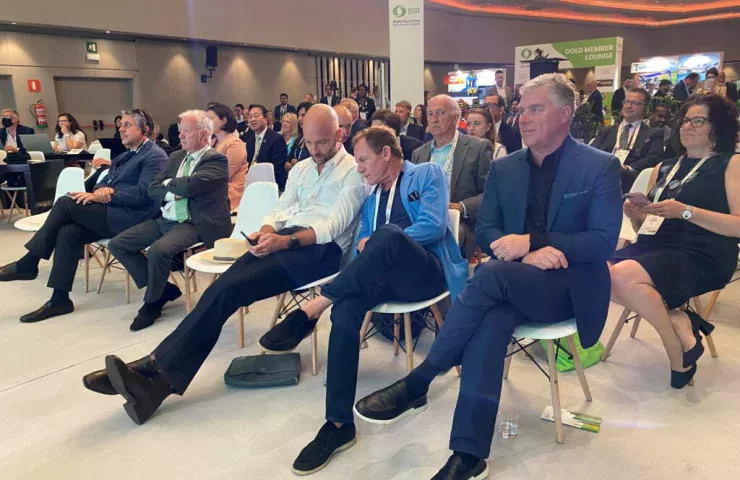Controls on the export of scrap metal outside the European Union would be a step back in the global fight for decarbonization and could also lead to a reduction in scrap generation in the European region, according to materials from the International Recycling Bureau or BIR convention held in Barcelona on May 23.
This may run counter to the aim of the current revision of the European Commission's Waste Transport Regulation, which aims to increase the competitiveness of the supply of scrap metal to the EU industry in order to accelerate the decarbonization of the industry, said the speakers of the congress, which was attended by about 1,200 delegates representing 500 companies and organizations processors from 60 countries.
"Export controls will be the most tragic event in the industry in the last 40 years," said Michael Lyon, chairman of the BIR International Trade Council.
Scrap prices, which soared to a record €700 a tonne in mid-March, may have bottomed out today after recent high volatility, Tom Bird, president of the Bureau of International Recycling, said at a press briefing. According to Bird, Turkey still trades with Russia, and there is a lot of cheap Russian raw materials in the ports of Europe. Russian scrap is still present in the EU, affecting and weakening the market, BIR president said.
EU-28 was the world's largest exporter of steel scrap in 2019 (latest year for which data is available), exporting 21.79 million tonnes of steel raw materials. Its exports have been on an upward trend for many years. The US was the second largest exporter the year before last with 17.68 million tons.
Murat Bayram, board member of the BIR committee on non-ferrous metallurgy, said the export controls currently being proposed by the EU would mean less waste and less accessible technology in the region. He pointed out that reducing scrap exports would also reduce price incentives for scrap production in the EU, as local availability would be higher.
The environmental committee of the European Parliament is expected to vote on the proposed amendments in October. The amendments are aimed at banning the export of scrap of European origin to countries that do not have EU waste management standards. Non-OECD countries will be required to conduct independent audits of their processing plants.
According to the EU, the revision resulting from the 2019 EU Green Deal aims to improve environmental standards in the recycling industries, combat illegal waste shipments and ensure that the EU does not export its waste problems to third countries.
p>



